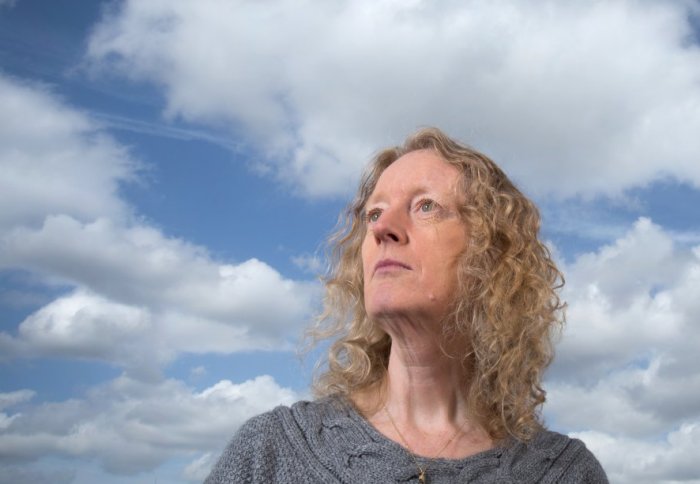Paris Agreement on climate change to come into force earlier than expected
by Simon Levey

Grantham Institute co-director Professor Joanna Haigh comments on the journey the Agreement has taken since the Paris climate conference.
The Paris Agreement has reached a historic landmark, nearly a year since it was signed at the United Nations (UN) Conference of Parties (COP21), in December 2015.
The treaty required a minimum number of countries - representing a minimum percentage of humankind's greenhouse gas emissions - to legalise the agreement, before it could come into effect. This was originally thought to come about in 2018.
However, on 3 September, two of the biggest emitters, China and the United States announced they would be ratifying the Agreement. In early October they were joined by India, then the European Union, among others.
The focus [at COP22] can now be on to how the pledges to reduce carbon dioxide emissions can be fulfilled, and improved on, and how financial support can be provided for the developing world and for innovation in low-carbon energy technologies for energy and industry worldwide.
– Professor Joanna Haigh
It was then confirmed by the UN's top climate diplomat, Patricia Espinosa, that the Agreement will come into force by the time the UN Framework Convention on Climate Change (UNFCCC) meets again at the COP22 conference in Marrakech, Morocco, in November 2016.
The Agreement is intended to set the world on a pathway to limit global temperature to significantly less than two degrees warmer than it was before the industrial revolution.
Professor Joanna Haigh, co-director of the Grantham Institute - Climate Change and the Environment at Imperial College London, reacted to the news.
"Just last December I was amazed and delighted when the 195 countries participating in the UNFCCC conference in Paris reached unanimous agreement to limit global warming.
"My euphoria was dampened somewhat by the realisation that to have any effect the agreement would need to be signed and then ratified by at least 55 per cent of the parties.
"Now, perhaps even more amazing, less than a year since the conference, the requirements needed to ratify the Paris Agreement have been fulfilled and it will enter into force on 4 November – in good time for the next UNFCCC meeting in Marrakech.
"The focus there can now be on to how the pledges to reduce carbon dioxide emissions can be fulfilled, and improved on, and how financial support can be provided for the developing world and for innovation in low-carbon energy technologies for energy and industry worldwide.
"I am determinedly optimistic!"
At the COP22 conference in Marrakech, representatives from Imperial College London are teaming up with the Institution of Chemical Engineers and Natural Resources Defense Council (NRDC) to discuss The financial mechanisms needed to encourage investment in low-carbon technologies and storage to stimulate a step change in deployment of the more mature technologies.
The event, "Investing in the planet: Green banks and other financial tools to scale up mitigation technologies" will take place at the COP22 Conference centre on 14 November 2016, and is open to all official conference delegates.
Article text (excluding photos or graphics) © Imperial College London.
Photos and graphics subject to third party copyright used with permission or © Imperial College London.
Reporter
Simon Levey
Communications Division